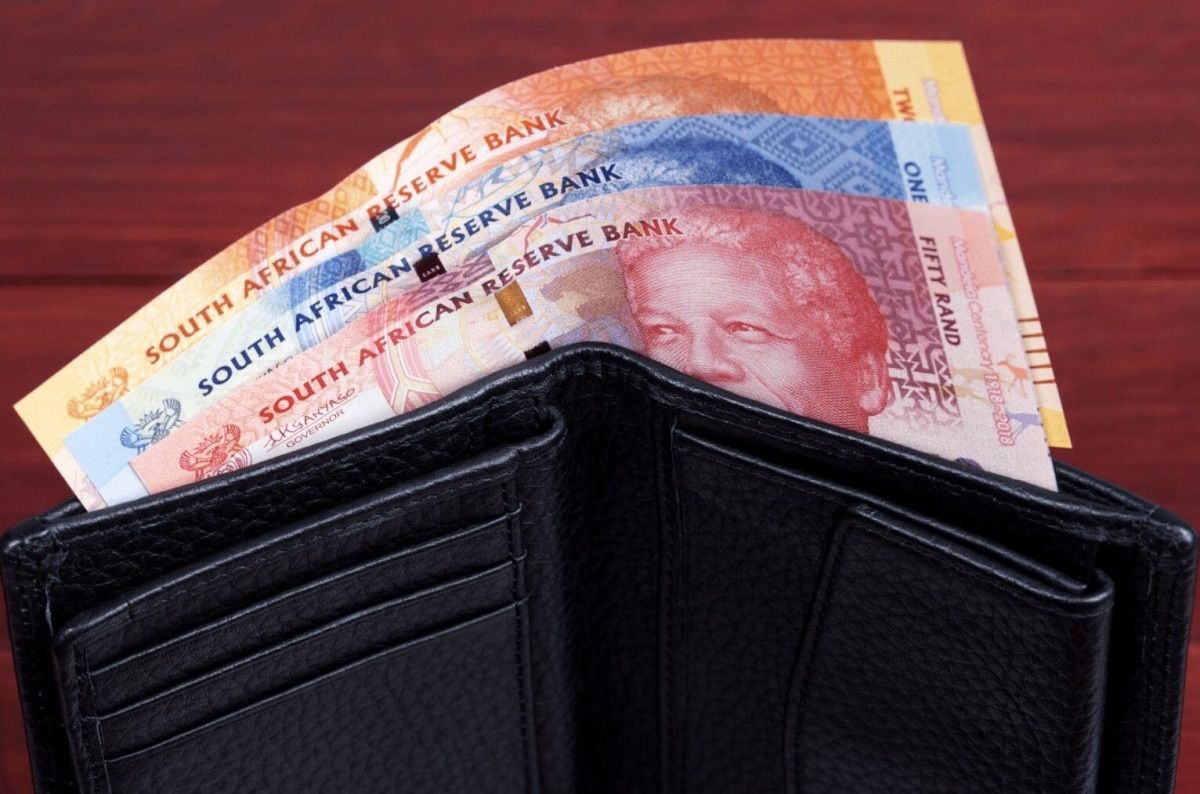South Africa’s stagnant economy in 2025 is in the spotlight once again. Commenting in a parliamentary Q&A session, President Cyril Ramaphosa made statements about the legacy of apartheid being to blame for the country’s single-digit growth outlook.
Moreover, the President added that South Africa’s stagnant economy cannot be blamed on black economic empowerment (BEE). In fact, he asserts that these policies are solving the problem of inequalities from the past.
WHAT’S TO BLAME FOR SOUTH AFRICA’S STAGNANT ECONOMY?
“I am always surprised when I hear that policies of BEE militate against the growth of our economy. I am working from a starting point that our economy was held back over many years by the racist policies of the past. The black majority were seen only as labourers by the National Party. They were not even seen as consumers, nor were they active players in the economic landscape of the country,” argued Ramaphosa.
As such, South Africa’s stagnant economy of today can be blamed on racist policies that prevented black South Africans from playing a meaningful role in their own country, reports Daily Investor. Moreover, Ramaphosa added that ‘black people cannot only play the consumer role,’ they must be ‘actively and economically productive’ in the country as well.
WHITE MINORITY OWNERSHIP
Talking about South Africa’s stagnant economy in 2025, the International Monetary Fund (IMF) said economic ownership was not evenly spread. “There is still a small group of privileged white people who continue to own the means of production. All the while, the unemployment rate in the country increases,” said the IMF.
As such, the President has advocated to return land to those who worked it originally. “We still need to ensure that the harm done to our people when they were forcibly removed from their land should be addressed. We must undo the effects of Bantu education, transform our schools, end illiteracy, and help people find decent work. To tackle high unemployment in our country, we must remove the barriers that kept black South Africans from full participation in the economy,” Ramaphosa said.
COUNTER ARGUMENT
Alternatively, the World Bank believes BEE – while well-intentioned – has imposed an excessive burden on the country’s institutions. Likewise, the policies have opened up the door to corruption, and have contributed to South Africa’s stagnant economy. Especially during the financially damaging era of state capture under former President Zuma.
“Policymakers have attempted to correct the market or historical failures by intervening through hard regulations, such as BEE. However, today, these interventions have become so cumbersome that they smother the implementation capacity of the public administration,” concluded the World Bank.
DO YOU THINK BEE IS HELPING OR HINDERING SOUTH AFRICA?
Let us know by leaving a comment below, or send a WhatsApp to 060 011 021 1.
Subscribe to The South African website’s newsletters and follow us on WhatsApp, Facebook, X and Bluesky for the latest news.
